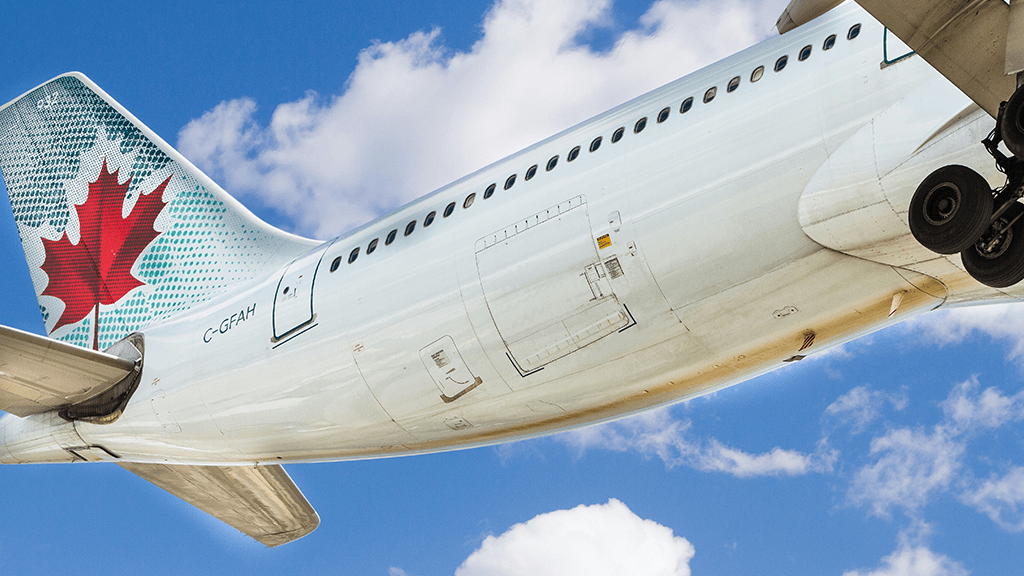Air Canada Flight Attendants Clash with Airline, Strike Looming

Air Canada has suspended all mainline and Rouge operations after approximately 10,000 flight attendants went on strike, ignoring a federal back-to-work order and binding arbitration imposed by the Canada Industrial Relations Board. The union, CUPE, argues the arbitration order violates constitutional rights and refuses to comply, escalating one of the airline’s most serious labor crises in over a decade.
The conflict centers on pay for time spent boarding passengers—time flight attendants say is unpaid, despite being mandatory work. While Air Canada has offered a 38% wage increase over four years, CUPE calls the proposal inadequate, particularly in light of rising inflation and industry wage benchmarks. Union leaders have dismissed the initial 8% raise as a lowball offer.
As of this weekend, the strike has resulted in the cancellation of over 600 flights, affecting approximately 130,000 passengers daily. Routes both domestic and international are impacted, stranding thousands during peak summer travel. At the same time, Air Canada is issuing refunds and offering limited rebookings, but capacity constraints across the aviation network limit available alternatives.
In response, the federal government, led by Labour Minister Seamus O’Regan and Jobs Minister Patty Hajdu, moved to enforce binding arbitration. Officials argue it’s necessary to stabilize economic and operational fallout. The union has refused, describing arbitration as a tool to silence collective bargaining and erode worker agency.
Air Canada, under mounting pressure, faces reputational and logistical risks. Management has not ruled out using regional affiliates or contract staffing in the event of a protracted work stoppage, though no timeline has been confirmed. The strike’s duration now hinges on whether the union backs down or the government escalates enforcement.
Strategic Implications:
Travellers should secure alternative arrangements or monitor refund eligibility. Rebooking via competing carriers may require premium pricing due to demand surges.
Corporate travel planners should redirect critical bookings away from Air Canada for the next 10–14 days.
Policymakers may be forced to revise the arbitration framework, especially if courts challenge its constitutionality.
Airline operators should reevaluate labor cost structures tied to unpaid pre-flight duties, particularly as these become focal points in labor disputes.
Speculation flagged: If CUPE sustains momentum, similar contract demands could emerge across North American carriers. Conversely, if enforcement succeeds, it may embolden corporate use of arbitration to override walkouts across federally regulated sectors.


















































